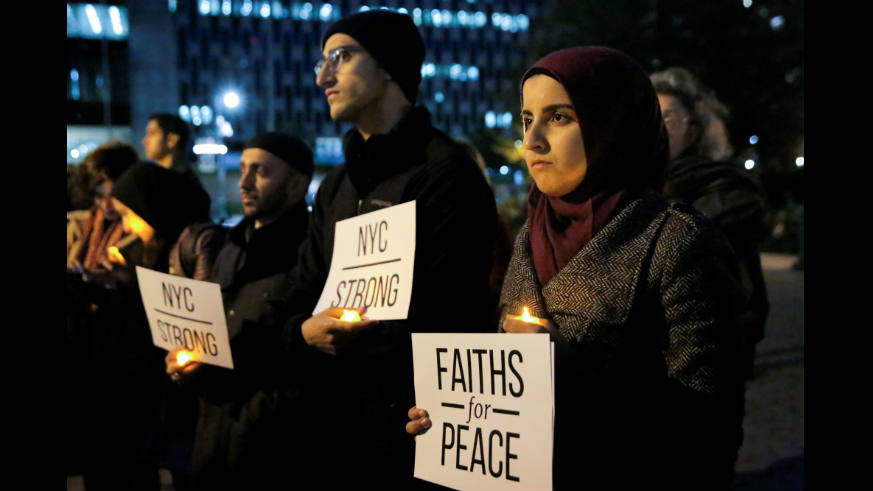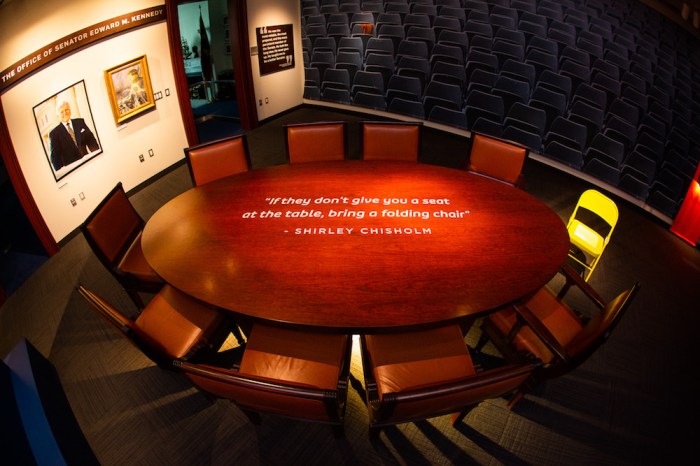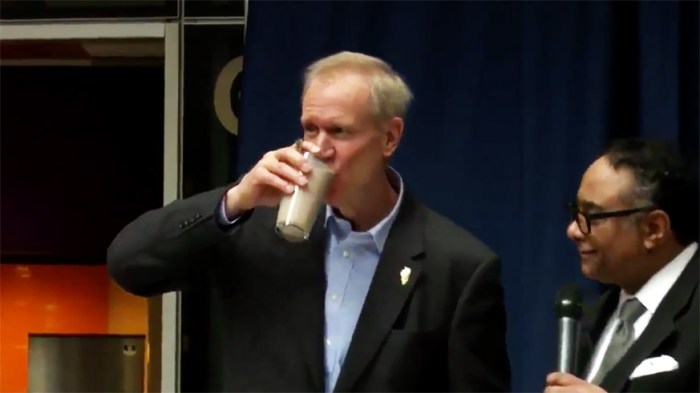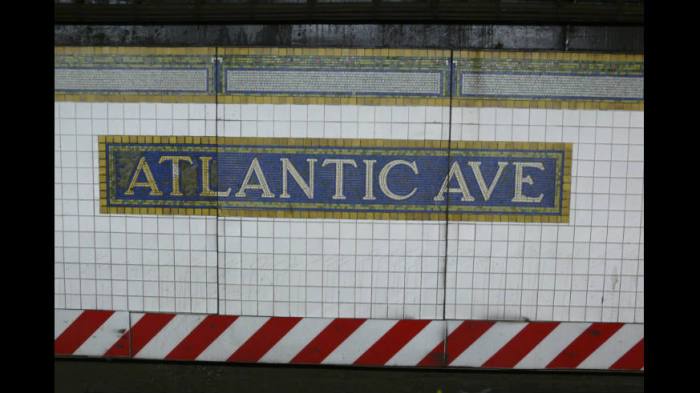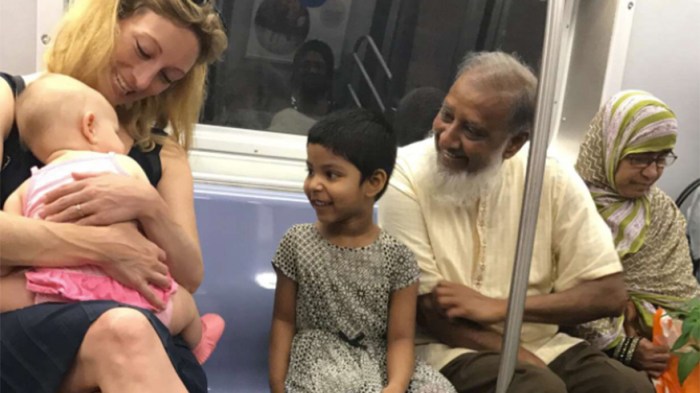Fears of Muslim New Yorkers have been reignited by Tuesday’s deadly truck attack in lower Manhattan.
Parents in the city might already feel anxious when sending their children off to school or their loved ones to work, without worrying about a mass attack, but Uzbek Muslims are now on high-alert, according to a report.
“It’s a very scary thought—we put our children on the school bus every day,” 25-year-old Sitora Ashrafova told Vice. “I personally was walking down that pass last week. My brother works in the Financial District, and he parks his car near there every day.”
But Ashrafova faces renewed fears as anti-Muslim rhetoric escalates and hate crimes against Muslims increase, bringing Uzbek Muslims into the center of the storm.
Anti-Muslim hate crimes in New York City spiked almost 50 percent from 2015 to 2016, according to numbers from the NYPD, and 2017 figures as of October already matched the previous year’s total.
An Uzbek immigrant accused of plowing a truck down a New York City bike path, killing eight people, told investigators he had been inspired by watching Islamic State videos and began planning the attack a year ago, according to a criminal complaint filed against him on Wednesday.
Sayfullo Saipov, 29, who was hospitalized after he was shot by a police officer and arrested, confessed to authorities that he made a trial run with a rental truck on Oct. 22 to practice turning the vehicle and “stated that he felt good about what he had done” after the attack, the complaint said.

“Obviously whenever something like that happens, the first thought that comes to the Muslim community is please let it not be a Muslim person, or someone who claims to be a Muslim,” Lieutenant Adeel Rana, president of NYPD’s Muslim Officers Society, told Vice. “That’s the biggest anxiety right after hearing about a horrific attack like this and then dealing with the aftermath, because people’s angers arise.”
To outsiders, Uzbek Muslims “look Russian,” Ashrafova said.
“The Uzbek community is not accustomed to representing ourselves as Muslims in America,” Rana added. “They do practice Islam in some form, but they don’t dress conservatively—95 percent of the Uzbek community don’t dress conservatively.”
Reports of anti-Uzbek Muslim crimes have already started rolling in and to the approximately 18,000 Uzbek immigrants estimated to live in Brooklyn, Islamophobia is a new foe to face.
A 21-year-old from Coney Island told Vice that she woke on the day following the truck attack to a video of anti-Uzbek graffiti sprayed across a friend’s Cropsey Avenue apartment in nearby Bensonhurst.
They wrote, “‘Go back to your country,'” she said. “It’s on the wall on her level. They have the arrow pointed to the apartment where the Uzbek family lives, right across her apartment, the door of her apartment, inside her building, on her floor.”
“We are seeing signs, ‘Go home Uzbeks,’ which is sad for our community,” Ashrafova added. “Our children are American citizens. At this stage, they don’t even know what Uzbekistan is.”
The Muslim Uzbek population is so recent, the community has had limited contact with New York’s Council on American-Islamic Relations (CAIR) and the NYPD hasn’t recruited them yet, Vice reported.
“Our key goal is to effectively respond to any incidents of bias, including any hate crimes that are documented in the aftermath of the attack,” Albert Fox Cahn, legal director for CAIR told Vice. “We’ve already advised members of the community to report any incidents the observe to us.”
“The Uzbek community is very new to America,” Rana explained.
Jeff Sessions spoke to law enforcement on Thursday and outlined what the Trump administration believes the nation needs to prevent terror attacks, including doing away with the diversity visa program and implementing “extreme vetting.”
“Toughening immigration laws—this a perfect excuse to do so, but banning diversity visas for this reason wouldn’t make much sense,” Ashrafova said. “One troubled man does not represent the entire nation.”
Reuters contributed to this report.

